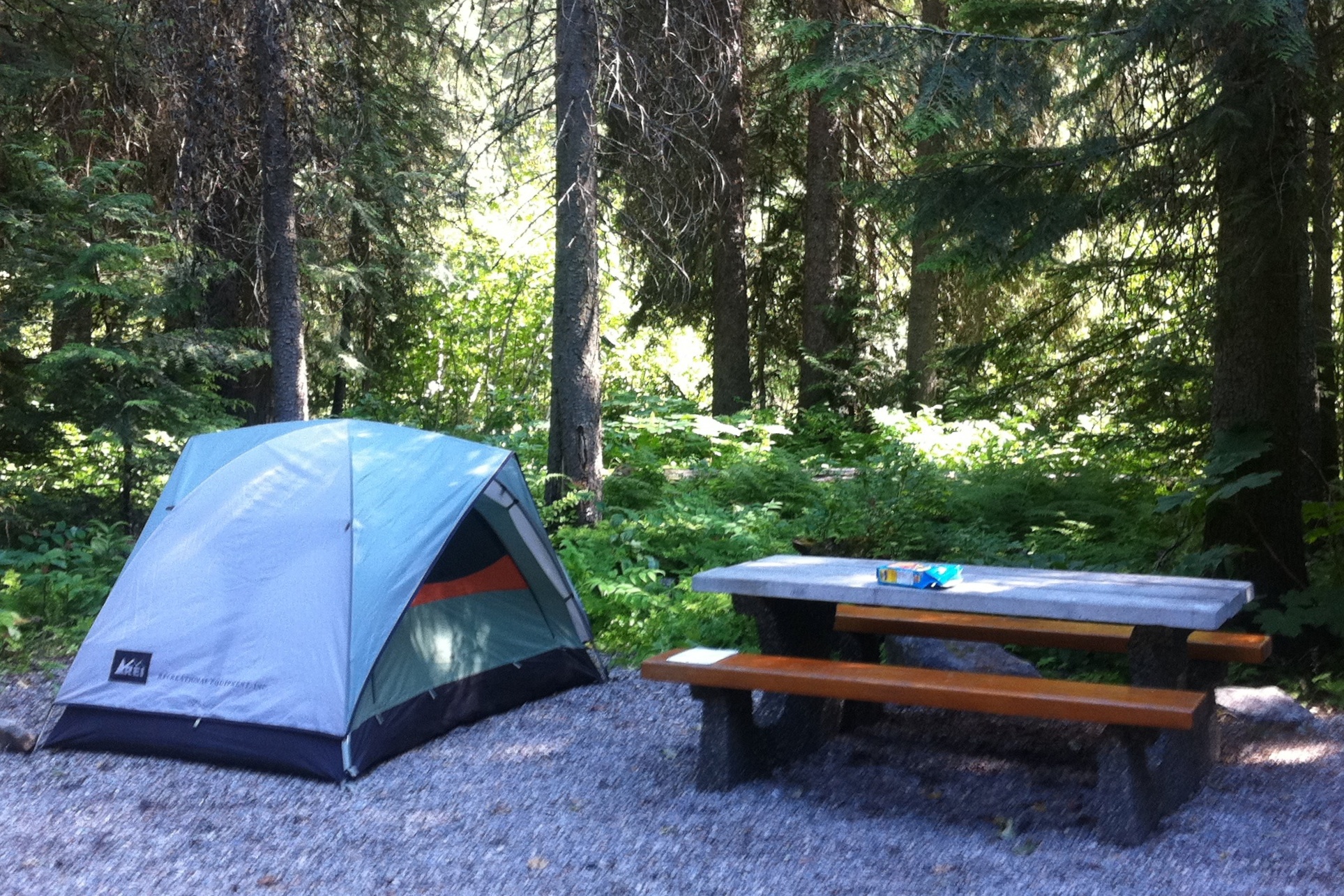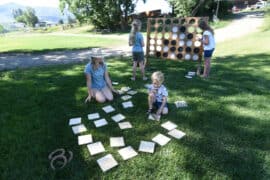Unlock Nature’s Magic: How to Pick the Perfect Camp Spot for Your Family
Welcome, adventurous parents! Are you ready to embark on a journey through the great outdoors with your little explorers? Finding the perfect camp spot is indeed a cornerstone for crafting those priceless family memories. With a bit of know-how and some insider tips, you’ll not only secure a safe and engaging environment for your kids but also ensure a relaxing and rejuvenating escape for yourself. Let’s dive into the nitty-gritty of scouting the ideal campsite that will turn your family’s outdoor adventure from good to extraordinary!
Key Considerations for Choosing Your Camp Spot
Before you pack your tents and marshmallows, there are a few key considerations to keep in mind when selecting your camp spot. This initial groundwork is crucial in setting the stage for a successful camping trip.
1. Safety First
Ensuring the safety of your family is paramount. Research the terrain to make sure it is suitable for children’s activities and free from hazards. Check for information on local wildlife and learn about any necessary precautions.
2. Amenities and Accessibility
How rustic do you want your camping experience to be? Some campsites offer full amenities, including showers, electricity, and nearby stores, while others provide a more back-to-nature experience. Additionally, consider how close you want to be to your vehicle or if a remote site is more your style.
3. Attractions and Activities
Think about what activities your family enjoys. If hiking is a favorite, look for a camp spot with trails nearby. If you’re water lovers, a lakeside or riverside campsite could be blissful. Make sure to review what each site offers to match your family’s interests.
4. Privacy and Space
When camping with kids, having your own space can be important. Look for campsites that offer enough room for kids to play and explore without encroaching on other campers.
5. Reservation Options
Popular spots can book up quickly, especially during peak season. Look into whether you need to reserve your spot ahead of time and how far in advance you need to do so.
Conducting Your Campsite Research Effectively
Now that you know what you’re looking for, how do you actually find that magical camp spot? Here’s how to sift through the options efficiently.
Use Reliable Resources
There are fantastic online resources to help you find and book campsites. Websites like Recreation.gov or ReserveAmerica allow you to search by location, amenities, and availability. They also provide important details and user reviews which can be very helpful.
Local Know-how
Don’t underestimate the value of local knowledge. Try reaching out to local camping or hiking clubs, park rangers, or visitor centers. They can often tell you about hidden gems that aren’t as well-known.
Scout in Advance
If possible, visiting potential sites in advance can give you the best sense of what to expect. This isn’t always feasible, especially for longer trips, but it can be very valuable for campsites closer to home.
Preparing for Your Trip: Checklists and Tips
Preparation is the secret to a smooth and stress-free camping experience. Make sure to…
- Create a packing checklist specific to your camping location and duration.
- Prepare a first aid kit tailored to your family’s needs and any known allergies.
- Plan meals ahead of time and pack necessary cooking supplies.
Deciding on the right camp spot is just the beginning of your family’s outdoor adventure. Stay tuned as we delve further into the preparation process, ensuring you’re well-equipped for a camping trip filled with laughter, fun, and the wonder of nature. Remember, these are the moments that turn into golden family memories! So, let’s continue to tackle the essentials of planning your escape into the wild. Your perfect camp spot awaits!

5 Things Parents Should Know in Preparing for a Camp Spot
Understand the Climate and Weather
It’s essential to understand the climate of your camping destination. Will you need to prepare for chilly nights or rain? Always check the weather forecast before heading out and be prepared for any surprises Mother Nature might have in store. Essential items can include rain gear, extra warm clothing, and suitable sleeping bags for the temperature.
Teaching Kids About Camping Etiquette and Conservation
Camping is a fantastic way to instill a love for nature in your children and teach them about the importance of conservation. Educating them on not leaving any trace, respecting wildlife, and conservation principles such as cutting back on plastic usage can amplify their experience and respect for the outdoors.
Entertainment and Engagement
Although nature provides a playground in itself, having a few planned activities and games can keep little ones engaged during your camping trip. Consider nature scavenger hunts, campfire storytelling, or simple crafts using natural items from your surroundings.
Dietary Needs and Food Safety
Ensure you’re familiar with your family’s dietary needs and pack accordingly. Safe food handling is critical while camping to avoid any illnesses. This includes keeping perishables in a cooler with ice packs, cooking meats to the appropriate temperature, and storing food securely away from wildlife.
Sleeping Arrangements
Comfort can make or break a camping trip, especially for kids. Test out your camping gear before the trip and make sleeping fun. Pop up a practice tent in your living room or backyard, let kids pick out their sleeping bags, and bring along their favorite pillow or stuffed animal to make them feel at home.
Remember, thoughtful preparation can lead to an enjoyable and memorable camping experience, unlocking all the magic that nature has to offer. Safe travels, happy campers!
. For more information see here
Disclaimer
The articles available via our website provide general information only and we strongly urge readers to exercise caution and conduct their own thorough research and fact-checking. The information presented should not be taken as absolute truth, and, to the maximum extent permitted by law, we will not be held liable for any inaccuracies or errors in the content. It is essential for individuals to independently verify and validate the information before making any decisions or taking any actions based on the articles.




